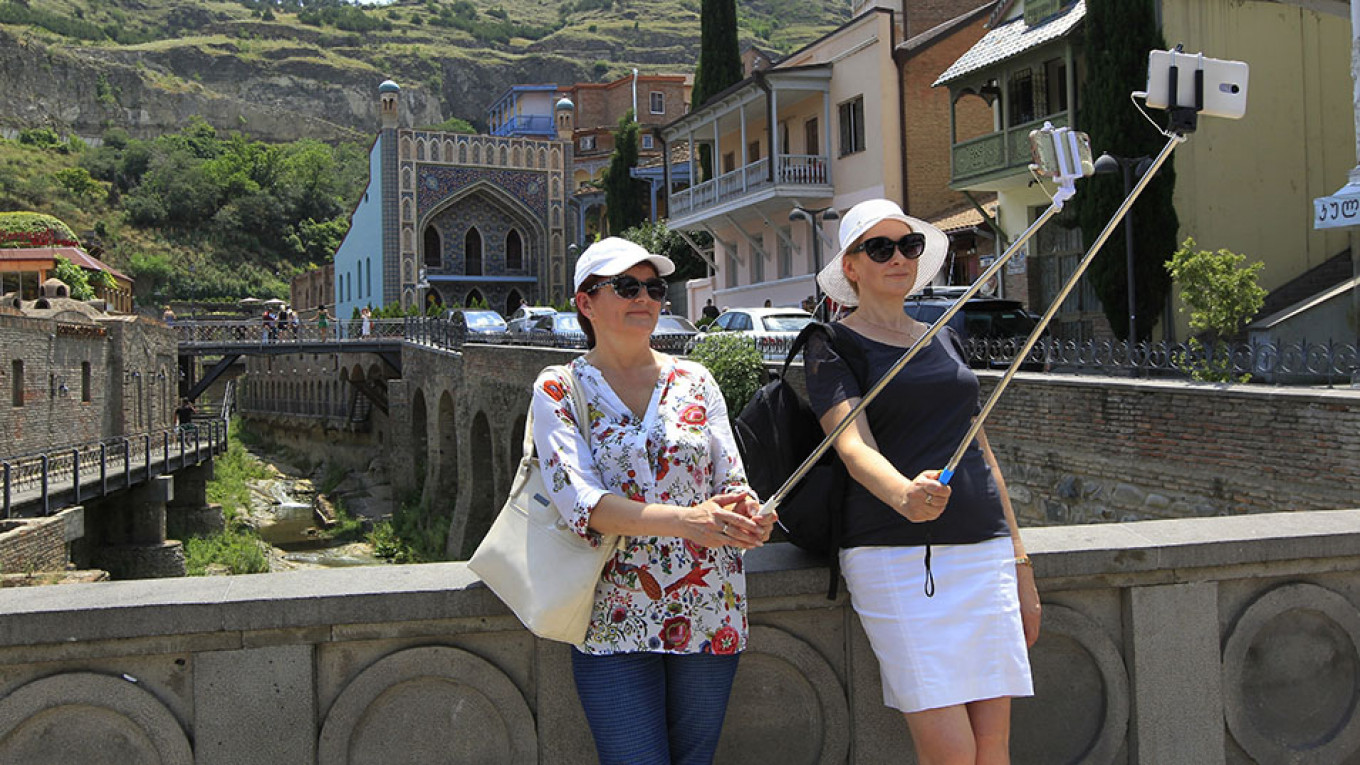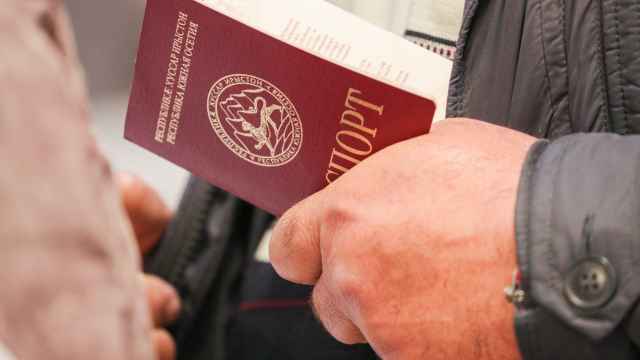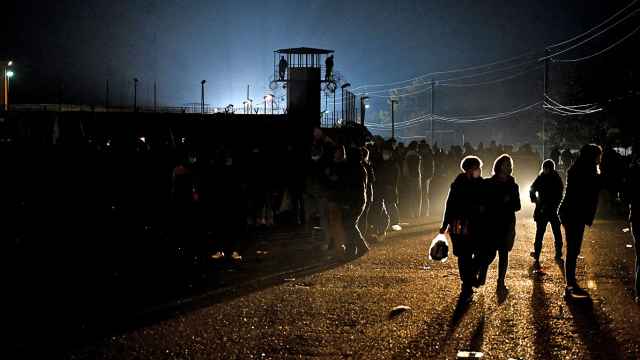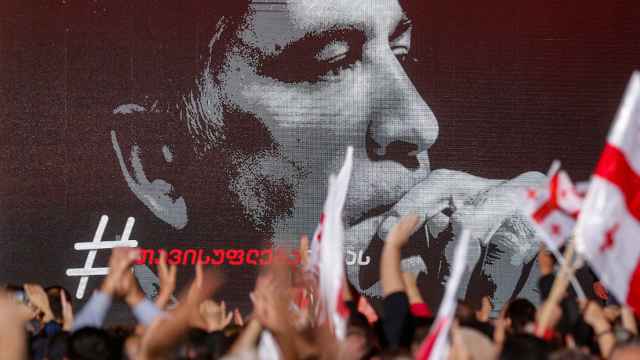Georgia’s economy could lose up to $300 million annually from the absence of Russian tourists amid tensions between the ex-Soviet neighbors, Georgian analysts estimate.
Angry protests erupted in Tbilisi after a Russian lawmaker’s visit last week, prompting Russian President Vladimir Putin to suspend flights to Georgia, a popular vacation destination for Russians, as of July 8. Russia’s Transport Ministry later said that Georgian flights to Russia will also be suspended starting that day.
Russia’s flight ban could cost the Georgian economy between $250 million and $300 million per year, the state-run TASS news agency cited the head of Georgia’s Society and Banks NGO as saying on Saturday.
That amounts to almost 10 percent of Georgia’s $3.2 billion tourism revenue in 2018.
The number of Russian tourists could plummet from 1.4 million in 2018 to 300,000 per year going forward, the Russian Tour Operators Association cites an unnamed Russian expert as saying.
Georgia will need to more than double tourism from the European Union to compensate the losses, the Kommersant business daily reported, citing official data that said Russian tourists spent 632 million euros in Georgia last year compared to EU citizens’ 279 million euros.
The Georgian economy will suffer from Russia’s move in the near-term but will push the country to “diversify” its tourism sector in the long-term, TASS cited Sergi Kapanadze, deputy speaker of the Georgian parliament, as saying.
Six Russian airlines could lose $47.7 million on refunds for flights booked by 155,000 Russian travelers after July 8, Kommersant reported on Monday, citing an unnamed source in Russia’s tourism sector.
Russian tour operators could refund $1.9 million worth of canceled Georgian tours, the newspaper cited the head of Russia’s Delfin tour agency as saying.
The Kremlin said on Monday that Russia will lift the flight ban as soon as Georgia “resumes a non-Russophobic course.”
A Message from The Moscow Times:
Dear readers,
We are facing unprecedented challenges. Russia's Prosecutor General's Office has designated The Moscow Times as an "undesirable" organization, criminalizing our work and putting our staff at risk of prosecution. This follows our earlier unjust labeling as a "foreign agent."
These actions are direct attempts to silence independent journalism in Russia. The authorities claim our work "discredits the decisions of the Russian leadership." We see things differently: we strive to provide accurate, unbiased reporting on Russia.
We, the journalists of The Moscow Times, refuse to be silenced. But to continue our work, we need your help.
Your support, no matter how small, makes a world of difference. If you can, please support us monthly starting from just $2. It's quick to set up, and every contribution makes a significant impact.
By supporting The Moscow Times, you're defending open, independent journalism in the face of repression. Thank you for standing with us.
Remind me later.






